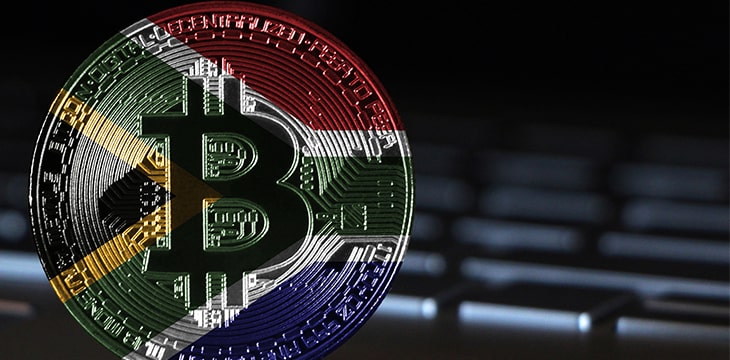|
Getting your Trinity Audio player ready...
|
Two brothers have grabbed global headlines after it was reported that they made off with over $3.8 billion in what was considered to be one of the biggest and most daring digital currency scams. However, they have now come out to deny any involvement in the heist. The two blamed hackers, and said they took off as they feared for their lives.
Africrypt targeted high-net worth individuals and celebrities, promising them ludicrous returns, according to reports in South Africa. The Financial Services Conduct Authority recently described it as “offering exceptionally high and unrealistic returns akin to those offered by unlawful investment schemes commonly known as Ponzis.”
The company was founded by two brothers, Raees and Ameer Cajee. They fled from South Africa after telling their investors that hackers had breached their system and made off with all the money. However, many viewed it as an exit scam, including the legal firm representing the investors.
Now, speaking to the BBC, the two brothers have denied any involvement in the heist. Through their lawyer John Oosthuizen, the two told the BBC that they “categorically denied being involved with the heist or absconding with the funds.”
“There is no foundation to the accusation and there’s no merit to those accusations. They maintain that it was a hack, and they were fleeced of these assets,” the lawyer told the BBC.
In addition, the two brothers have denied ever managing $3.8 billion, claiming that the amount was much lower. They blame the media for blowing the figure out of proportion.
However, despite reportedly not being guilty, the two brothers didn’t report to the police after they were allegedly fleeced by the hackers. They also took off shortly after they were supposedly hacked. Hanekom Attorneys, the law firm representing the investors in Africrypt, also said that some of the addresses that the ‘hackers’ drained the funds to had been previously linked to the two brothers.
The lawyer blamed their irrational behavior on their young age, claiming at the time they were aged 18 and 20 and “had very little life experience.”
The two brothers had reportedly received death threats from investors and thus their first focus was to protect their families, necessitating their actions, according to the lawyer.
Once authorities in South Africa begin an investigation into the supposed hack, the two brothers will fully coordinate with the investigators. At present, they are not aware of any such inquest, the lawyer said.
The investigation may not happen, despite the huge amounts of money lost. This is because South African regulators have claimed that they don’t have explicit oversight over digital currencies as they are not a regulated asset class. The FSCA has revealed that it’s considering declaring digital currencies a financial product, which would give it jurisdiction over the industry.
Follow CoinGeek’s Crypto Crime Cartel series, which delves into the stream of groups—from BitMEX to Binance, Bitcoin.com, Blockstream, ShapeShift, Coinbase, Ripple and
Ethereum—who have co-opted the digital asset revolution and turned the industry into a minefield for naïve (and even experienced) players in the market.

 03-03-2026
03-03-2026 




